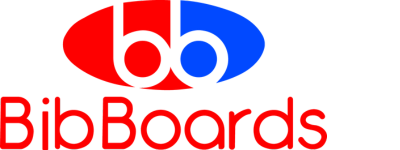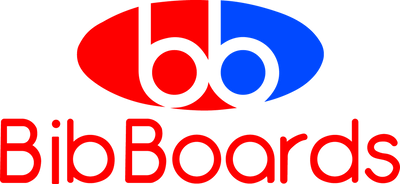"I thought all agencies were the same"
Here's what changed these founders' minds.



Proof in numbers, not promises.
Real results from real brands



From $150/day ad spend to $600K monthly revenue. We helped to rebuild their entire digital marketing strategy, implementing dynamic catalog ads, influencer content, and platform-specific optimization that quadrupled their business in just one year.
4x
Revenue Growth
38%
Lower CPA
12
Months



Revolutionary grill-cleaning robot scaled from $50/day ad spend to $920K+ monthly revenue. Our seasonal campaign strategy, multi-channel approach, and creative optimization transformed a great product into a thriving e-commerce powerhouse.
4.2x
Revenue Growth
6.3x
Blended ROAS
12
Months



Sporting goods startup needed to scale beyond niche market. Our multi-platform strategy with continuous testing, seasonal optimization, and strategic pricing increases delivered massive growth in both revenue and order volume while maintaining profitability.
159%
YoY Growth
2.3x
ROAS
6
Months



Science-themed fashion startup struggling with unpredictable growth and seasonal instability. Through platform-specific content creation, strategic campaign optimization, and founder storytelling, we achieved sustained double-digit growth.
160%
Revenue Growth
-27%
CAC
18
Months
READY

